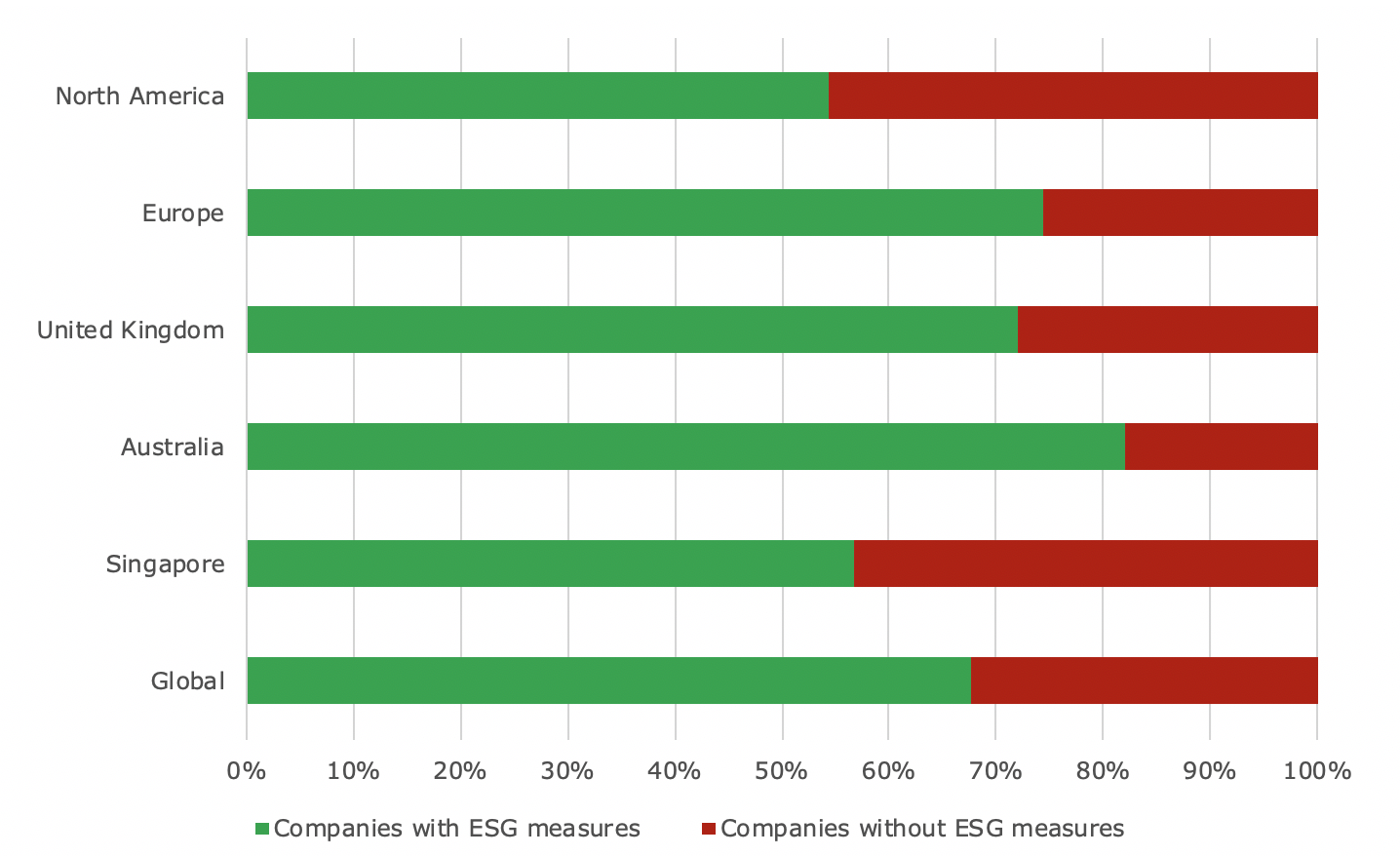The Thames Water Bonus Scandal: Examining Executive Remuneration

Table of Contents
The Scale of the Bonus Payments
Figures and Comparisons
The Thames Water bonus scandal centers around significant payouts to senior executives, despite the company's consistent failure to adequately invest in and maintain its aging sewage infrastructure. Precise figures are still emerging, but reports suggest substantial bonuses awarded to key executives, ranging from hundreds of thousands to potentially millions of pounds. These amounts pale in comparison to the average employee salary at Thames Water, highlighting a stark disparity in compensation. Furthermore, a comparison with bonuses paid at other water companies reveals an arguably excessive level of remuneration at Thames Water, especially given its comparatively poor environmental performance.
- Specific bonus amounts paid to key executives: While precise figures are subject to ongoing investigations and may not be publicly available immediately, media reports indicate substantial six-figure sums for several key executives.
- Comparison to previous years' bonuses: Analysis suggests a possible trend of increasing executive bonuses at Thames Water even as environmental performance declined.
- Comparison to bonuses at other water companies: Preliminary data suggests Thames Water's executive remuneration significantly exceeds that of many competitors with superior environmental records.
- Average employee salary at Thames Water for context: The contrast between executive bonuses and average employee salaries underscores the inequality within the company's compensation structure.
The optics of awarding large bonuses while failing to invest adequately in infrastructure to prevent sewage discharges are deeply troubling. This disparity fuels public anger and raises questions about the priorities of Thames Water's leadership.
Thames Water's Environmental Performance
Sewage Discharges and Environmental Impact
Thames Water's environmental record is undeniably poor. The company has been repeatedly criticized for numerous sewage discharges into rivers and coastal waters, leading to significant environmental damage and public health concerns. These discharges have resulted in:
- Number of sewage discharge incidents: Thousands of incidents have been reported, significantly exceeding acceptable levels.
- Volume of sewage discharged: The sheer volume of untreated sewage released into the environment is alarming and has had a devastating impact on aquatic life.
- Environmental impact assessments: Independent assessments highlight the severe consequences for biodiversity, water quality, and the overall health of the ecosystem.
- Public health implications: Sewage discharges pose risks to human health, particularly through increased bacterial contamination of water used for recreation and potentially for drinking.
- Fines and penalties incurred: Although fines have been levied, they are arguably insufficient deterrents, given the scale of the environmental damage.
The connection between the company's environmental failures and the executive bonus scandal is undeniable. Awarding substantial bonuses while neglecting essential infrastructure upgrades to prevent pollution demonstrates a profound lack of corporate responsibility.
Corporate Governance and Accountability
Role of the Board of Directors
The role of the Thames Water board of directors in approving these bonuses is crucial. The board's oversight and accountability mechanisms appear to have failed to prevent this controversial compensation.
- Board composition and expertise: Scrutiny is needed to determine whether the board possesses the necessary expertise and independence to effectively oversee executive compensation decisions.
- Approval process for executive bonuses: The process needs to be reviewed to identify any potential flaws or lack of transparency.
- Board’s response to public criticism: The public reaction should prompt a thorough review of the board’s decision-making process and their subsequent response to criticism.
- Potential investigations or inquiries: External investigations are necessary to determine the full extent of the failures in corporate governance.
The apparent lack of robust oversight and accountability within Thames Water’s corporate governance structure underscores the need for significant reforms. The awarding of these bonuses while the company repeatedly fails its environmental obligations necessitates a complete overhaul of their decision-making processes.
Public Reaction and Regulatory Response
Public Outrage and Political Pressure
The Thames Water bonus scandal has triggered widespread public outrage and intense political pressure.
- Public protests and campaigns: Numerous protests and campaigns highlight the public's deep dissatisfaction with the company's actions and the perceived unfairness of executive compensation.
- Political statements and calls for action: Politicians from across the political spectrum have condemned the bonuses and called for greater regulatory oversight.
- Regulatory responses and investigations: Ofwat, the water industry regulator, has initiated investigations, and further regulatory action is expected.
- Potential changes to water industry regulation: The scandal is likely to lead to significant reforms in the regulation of executive pay and environmental performance within the water industry.
The erosion of public trust in Thames Water is substantial, demanding significant changes to rebuild public confidence. The scandal is a wake-up call for stricter regulatory measures to prevent similar situations.
Conclusion
The Thames Water bonus scandal exposes deep-seated issues within the water industry, raising critical questions about corporate governance, environmental responsibility, and the fairness of executive remuneration. The awarding of substantial bonuses while the company repeatedly fails to meet its environmental obligations is unacceptable. The sheer scale of the bonuses, the company's poor environmental performance, and the lack of adequate corporate governance demonstrate a failure of accountability. The public outrage and resulting political pressure underscore the need for significant reform.
We must demand greater transparency and stricter regulation of executive remuneration in the water industry to prevent future "Thames Water bonus scandals." Readers are urged to engage in the debate surrounding executive pay and corporate social responsibility, demanding accountability for environmental performance not just in the water industry but across all sectors. The future of responsible corporate behavior hinges on increased transparency, stricter regulations, and a renewed focus on environmental stewardship over executive enrichment. Let’s ensure that Thames Water's actions serve as a catalyst for meaningful change in how we govern and regulate the water industry and executive pay practices.

Featured Posts
-
 Understanding The Net Asset Value Nav Of The Amundi Dow Jones Industrial Average Ucits Etf
May 24, 2025
Understanding The Net Asset Value Nav Of The Amundi Dow Jones Industrial Average Ucits Etf
May 24, 2025 -
 Indian Wells 2024 Draper Secures First Atp Masters 1000 Championship
May 24, 2025
Indian Wells 2024 Draper Secures First Atp Masters 1000 Championship
May 24, 2025 -
 Collaboration For Growth Bangladeshs Renewed Emphasis On European Markets
May 24, 2025
Collaboration For Growth Bangladeshs Renewed Emphasis On European Markets
May 24, 2025 -
 Australia Misses Bjk Cup Finals Kazakhstan Secures Spot
May 24, 2025
Australia Misses Bjk Cup Finals Kazakhstan Secures Spot
May 24, 2025 -
 Nisan 2024 Zenginlige Giden Burclar
May 24, 2025
Nisan 2024 Zenginlige Giden Burclar
May 24, 2025
